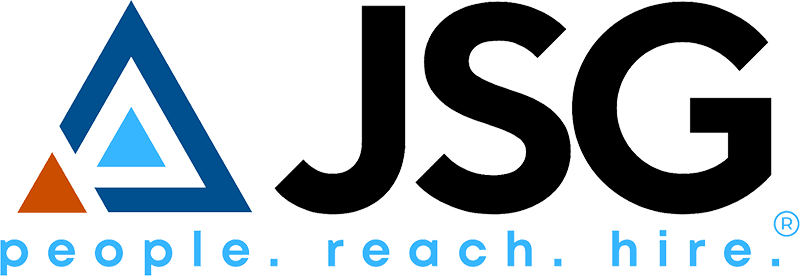Depending on your line of work, employers may ask you to submit a work sample with your resume and the rest of your application materials. Samples of work are typical for more creative fields, such as marketing, communications, or even research roles. Sometimes, employers ask you to submit examples of your previous work from past or current companies. However, in a candidate-saturated market, employers may ask you to develop a sample according to the employer’s instructions. So, here’s a brief description of what a work sample is and if they are ethical for employers to ask.
Why employers ask for writing samples
Essentially, employers ask for writing samples for two reasons
- To see if you are capable of performing the duties of the job
- For employers to get a taste of your abilities and skills
Work samples are an opportunity for applicants to show prospective employers their skillsets and prove that they can perform the job successfully. These samples give candidates the platform to illustrate why they are the best fit for the role and can give them a leg up on the competition.
Employers also use work samples as a vetting process. Sure, you can say you are an excellent writer on your resume. However, submitting a brief writing assignment is a way for an interviewer to vet whether or not you are qualified for the position. Basically, it’s another screening for the employer to see if you are a good fit for the role. You can talk up your skills and responsibilities in your resume. However, work samples are where applicants need to put their money where their mouths are.
Are work samples appropriate to ask?
There is some debate whether work samples are appropriate or ethical. Work samples, like the ones described above, are entirely appropriate if the assignment relates to the position. However, if the interviewer asks for an assignment or sample that is completely beyond the job scope or one that will take you hours and hours to complete, that is when this request becomes inappropriate.
When the sample crosses this line, this is when it becomes a work product. A work product is when an employer asks you to complete a ridiculous task that takes you all day to compete or violates your intellectual property. For example, it is reasonable to ask a candidate to create a mock press release with some provided information about an announcement. But if they ask you to complete an entire business plan full of new ideas, that is when it is considered a work product. Basically, an employer should never ask you to create anything that the company can turn around and utilize in their business. The work sample should demonstrate your skill sets, not be an opportunity to steal your intellectual property.
So, are work samples ethical?
So, work samples are excellent means for employers to identify those with the right skill sets in this candidate-saturated market. It’s also an opportunity to illustrate why you are the right applicant for the role. Just be conscious of employers asking for intellectual property that they can utilize without compensating you.
If you are looking for some guidance on completing a work assignment, here is how to tackle them.




